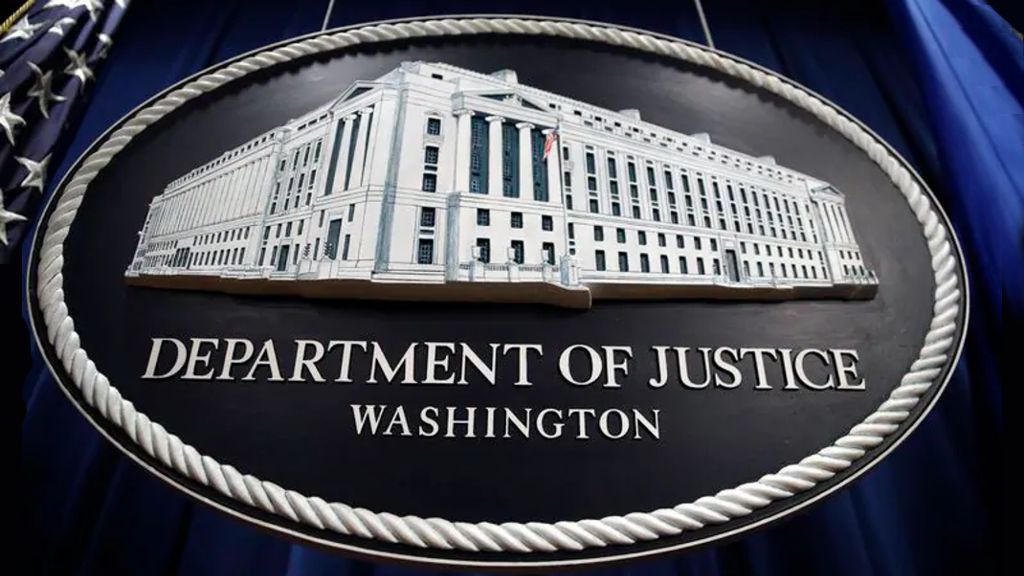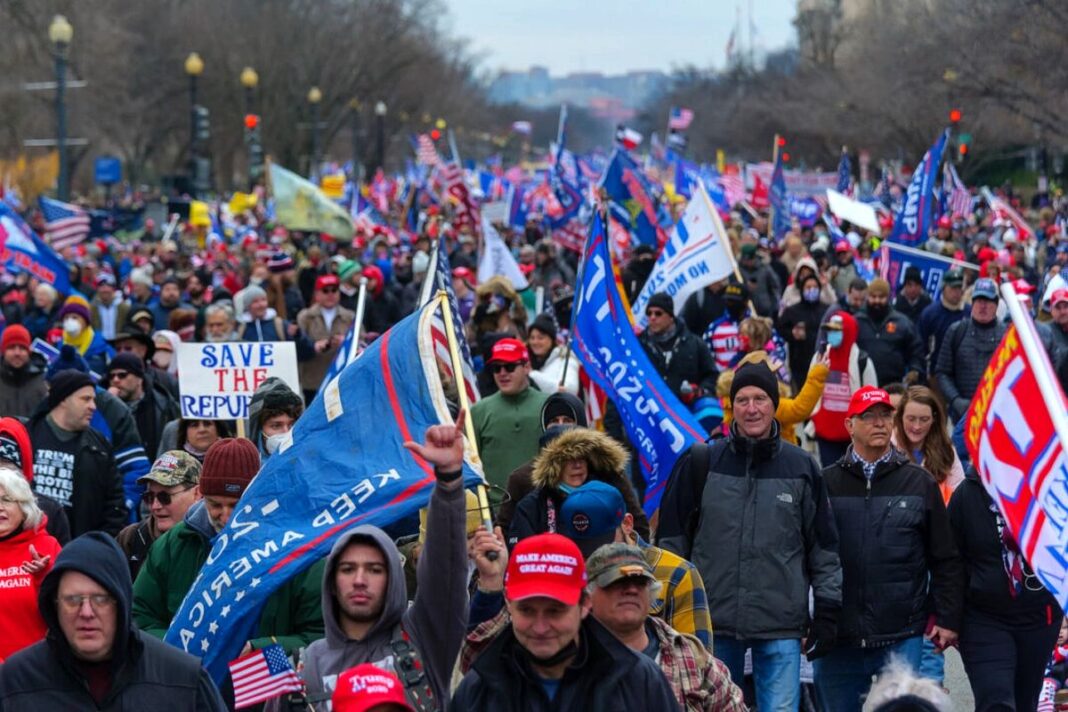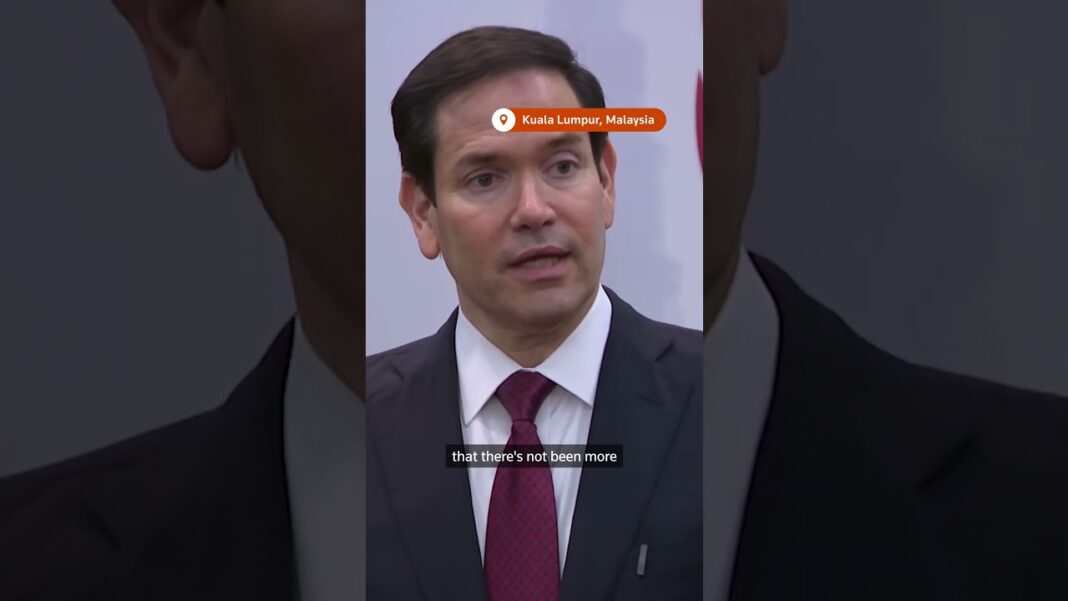The department’s investigations include health care fraud, false statements, and more.
The U.S. Department of Justice (DOJ) announced on Wednesday that it has issued more than 20 subpoenas to clinics and doctors involved in transgender medical procedures on children.
The DOJ did not disclose the names of those who are receiving the subpoenas or what kind of information it is asking for, but said they are part of investigations into “health care fraud, false statements, and more.”
“Medical professionals and organizations that mutilated children in the service of a warped ideology will be held accountable by this Department of Justice,” Attorney General Pam Bondi said in a statement.
The announcement follows Bondi’s April 22 memo instructing federal prosecutors to investigate and prosecute individuals and entities that profit from providing “gender-affirming care”—procedures she described as surgically and chemically maiming and sterilizing one’s body—to young patients who often regret it later in life.
“I am directing all U.S. Attorneys to investigate all suspected cases to investigate all suspected cases of FGM [female genital mutilation]—under the banner of so-called ‘gender-affirming care’ or otherwise—and to prosecute all FGM offenses to the fullest extent possible,” she said in the memo.
The memo further states that the department would investigate manufacturers and distributors for potential violations of federal labeling law if they make false or misleading claims about the on- or off-label use of puberty blockers, cross-sex hormones, or any other drugs intended to facilitate a child’s “gender transition.”
The DOJ’s subpoenas coincided with a Federal Trade Commission workshop examining “unfair or deceptive” practices related to transgender procedures for children.
The workshop featured testimony from pediatricians, psychiatrists, surgeons, policy experts, and attorneys representing “detransitioners”—individuals who underwent transgender procedures as teenagers but later came to regret them. Some detransitioners have become outspoken activists to warn the public about the dangers and risks associated with such medical procedures.
The Federal Trade Commission does not regulate medical practice, but it can pursue legal action against businesses and individuals who make false claims about their health products or services.
By Bill Pan








